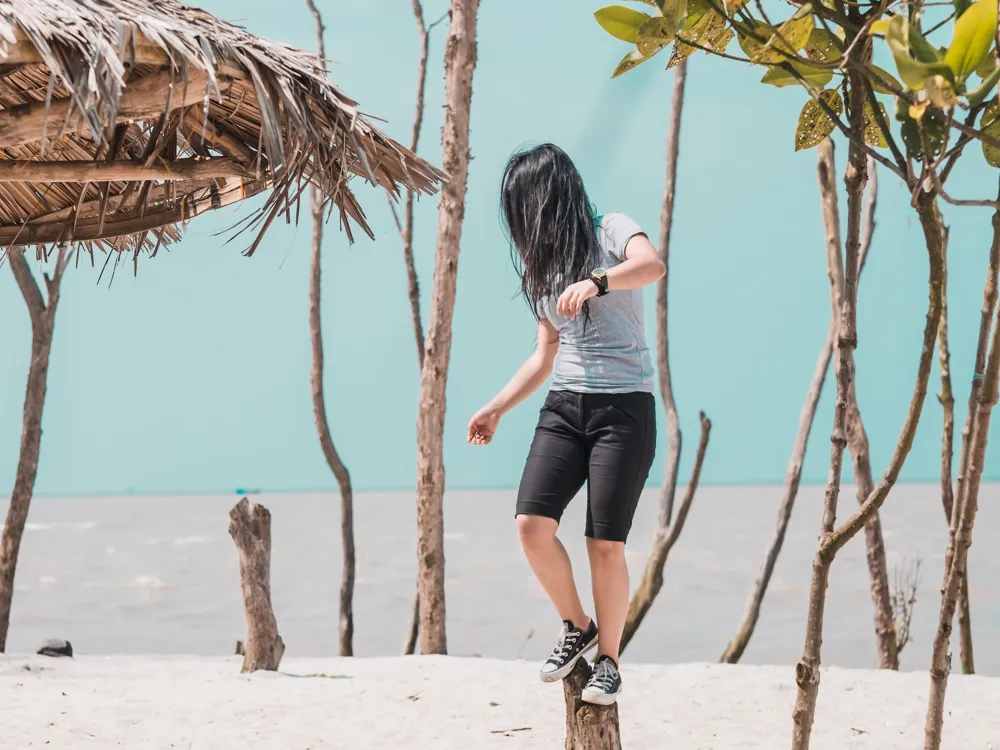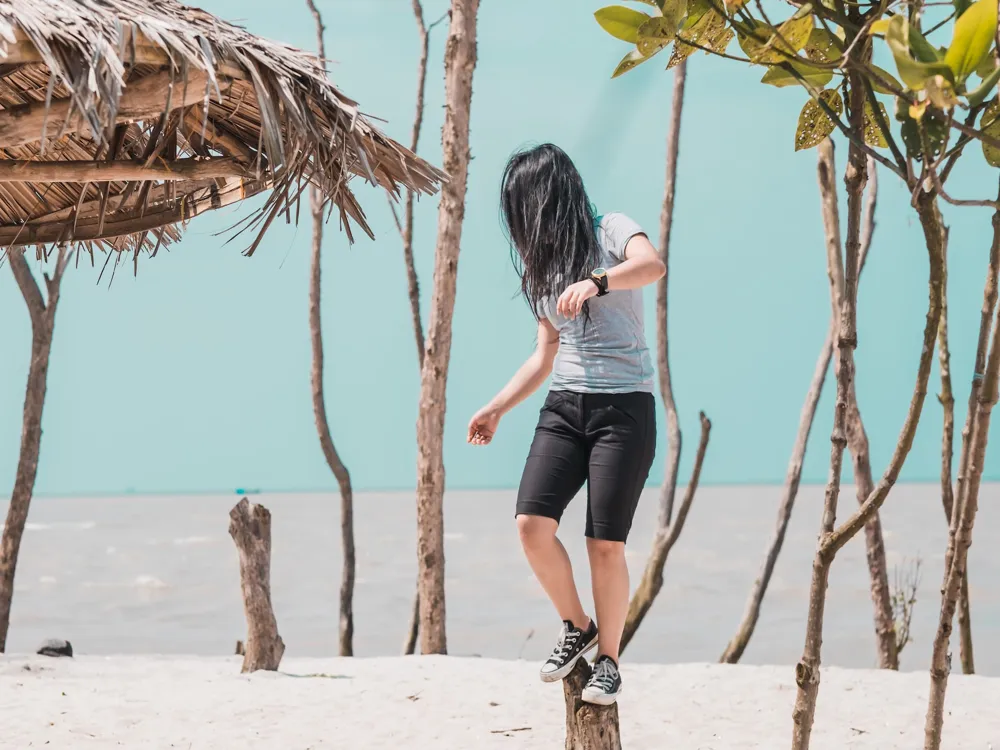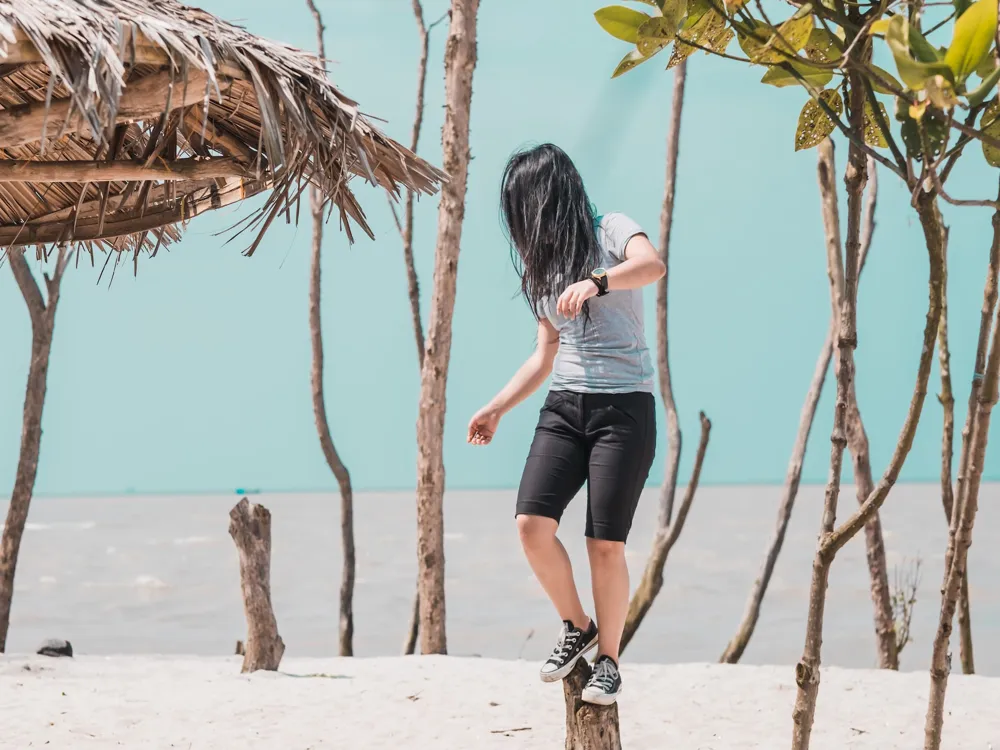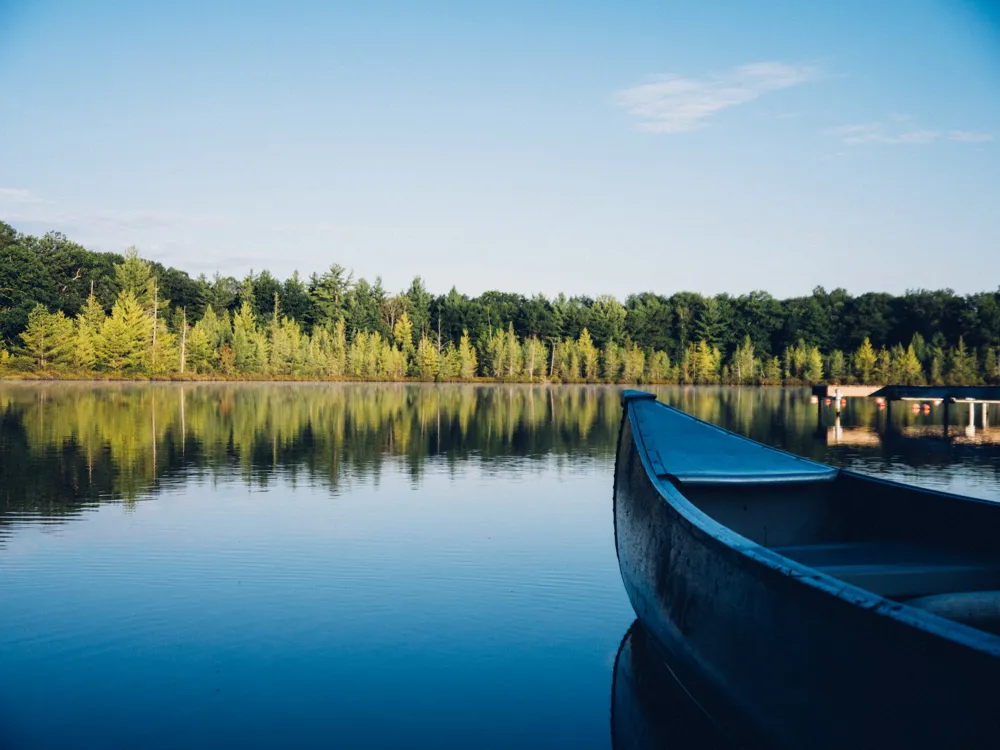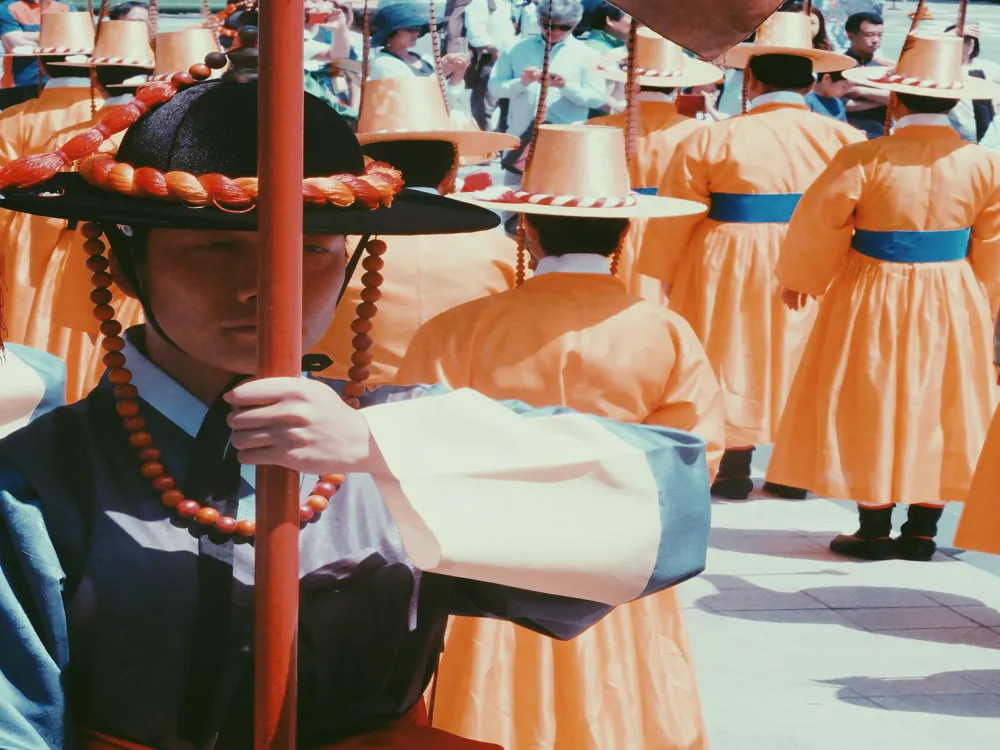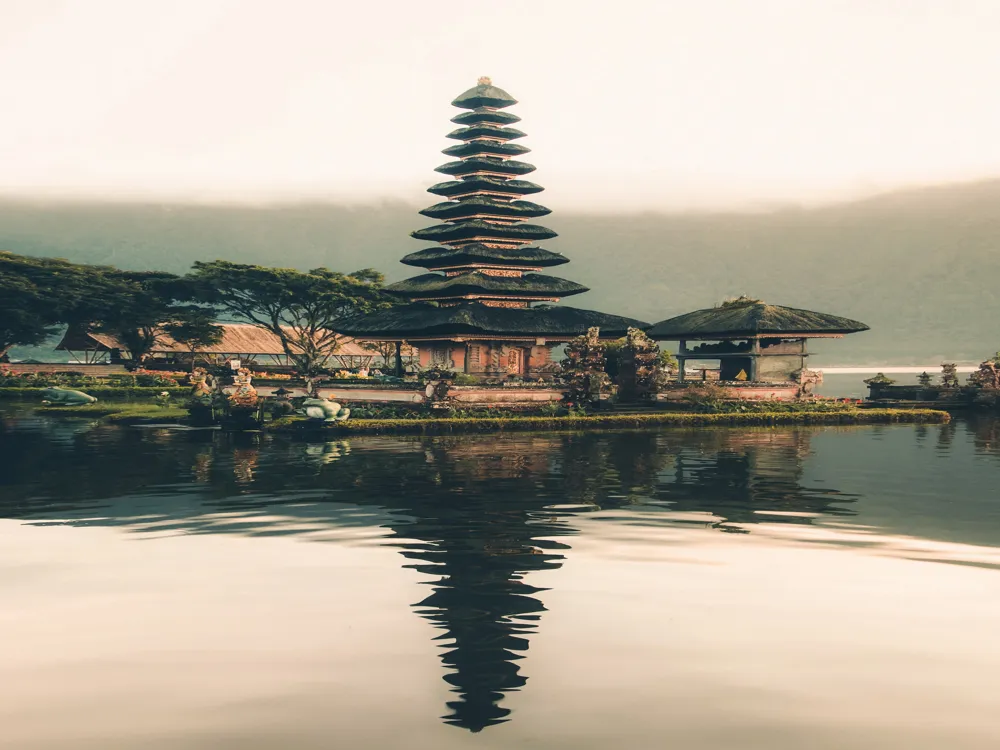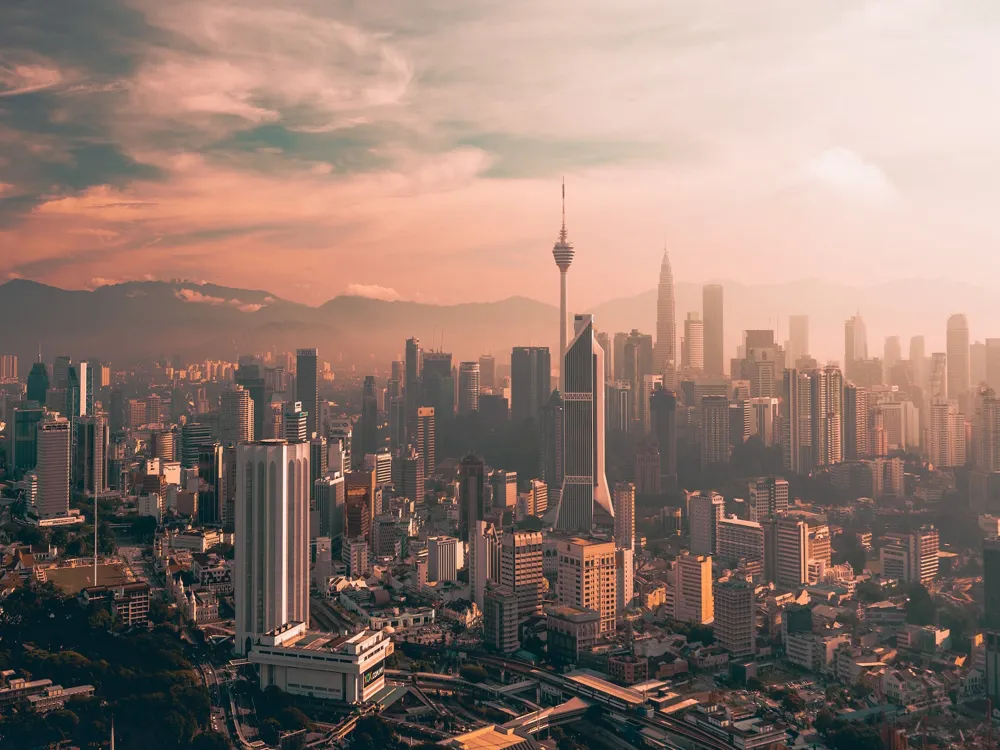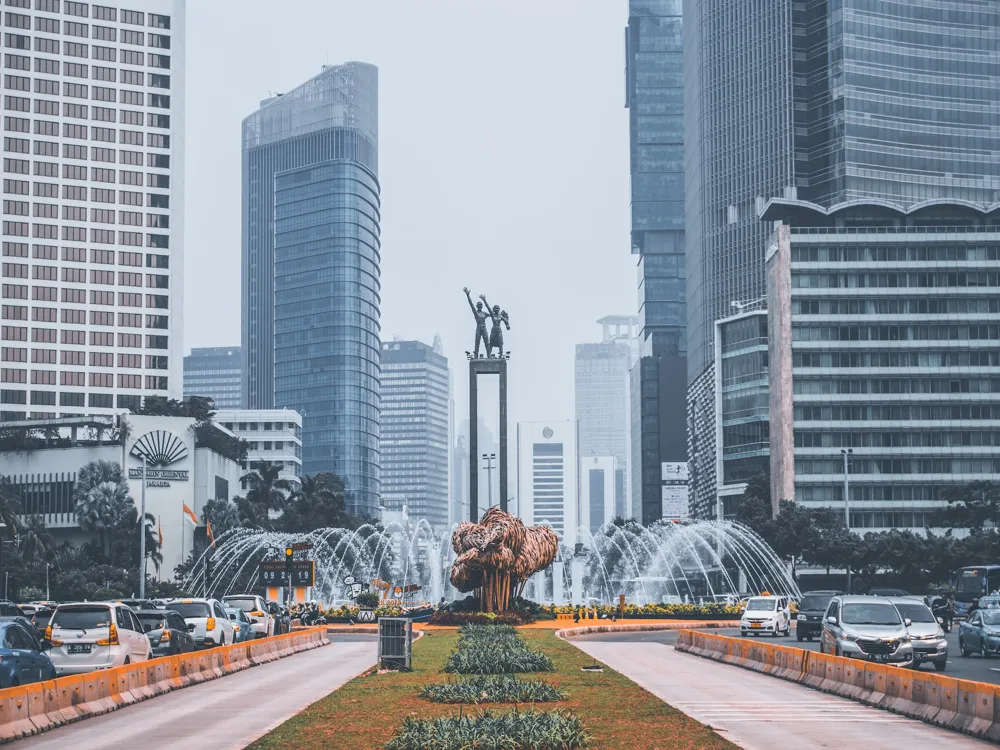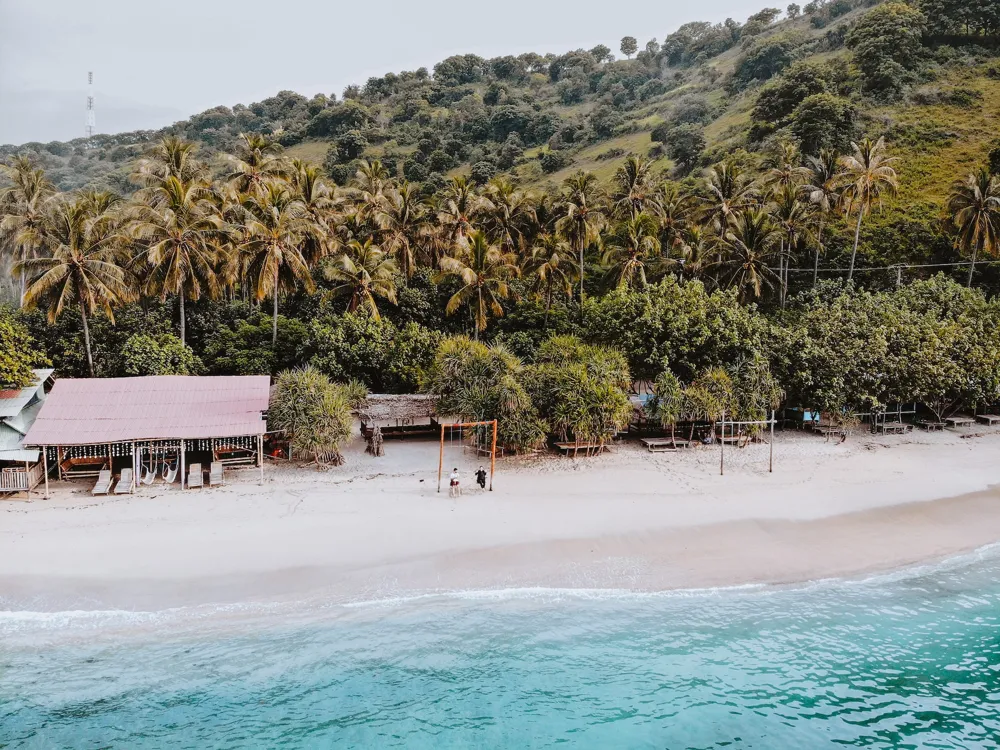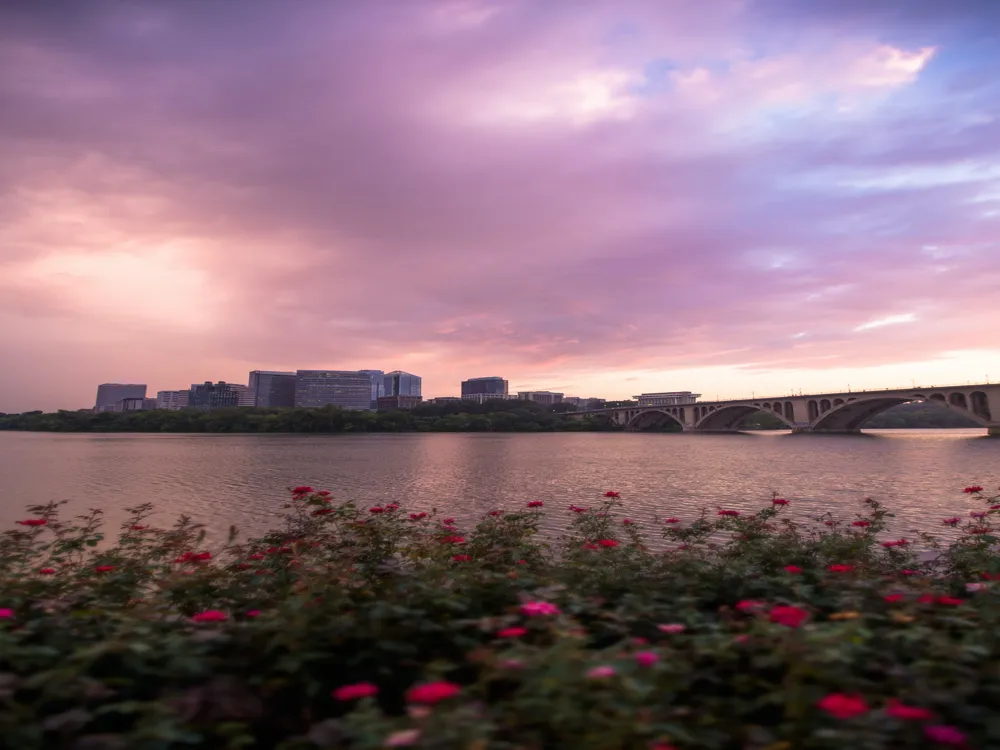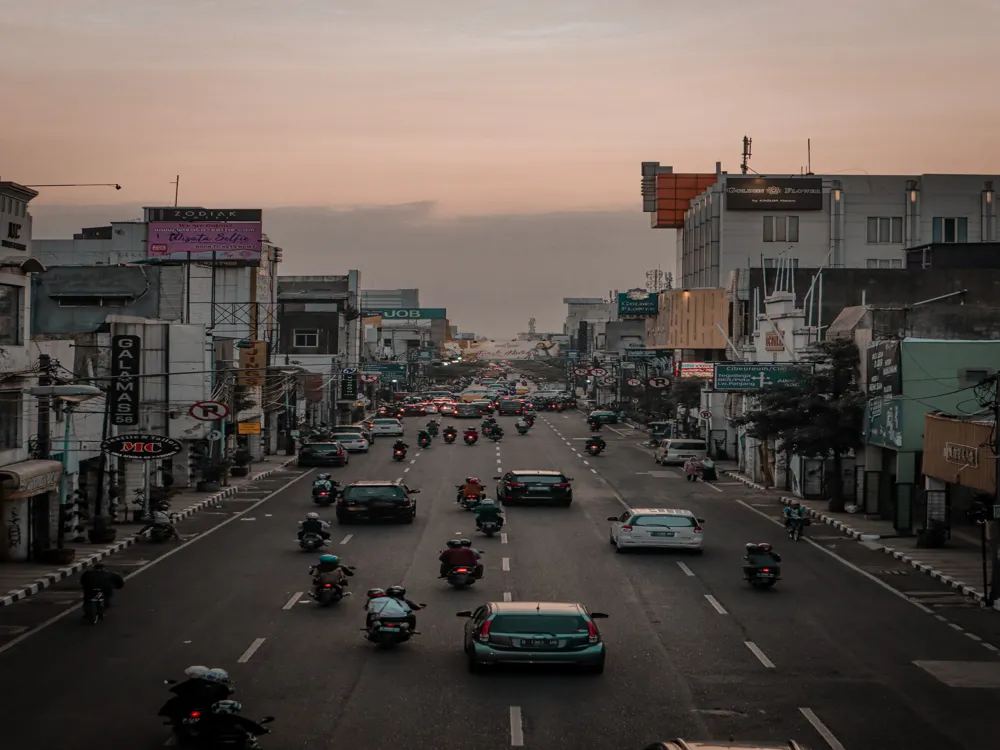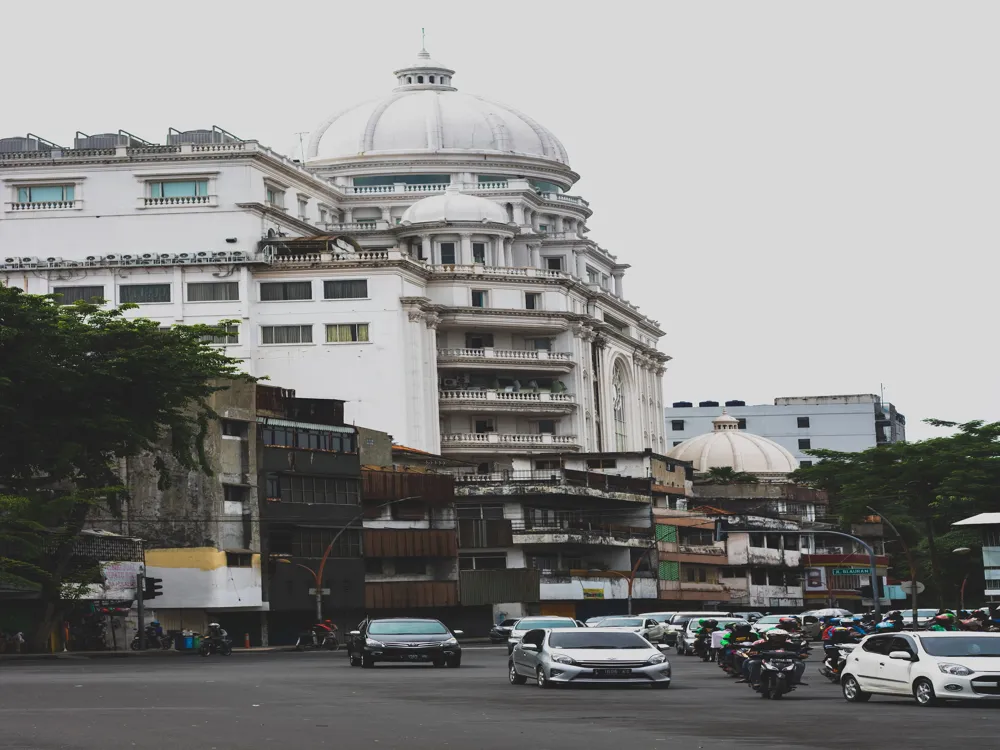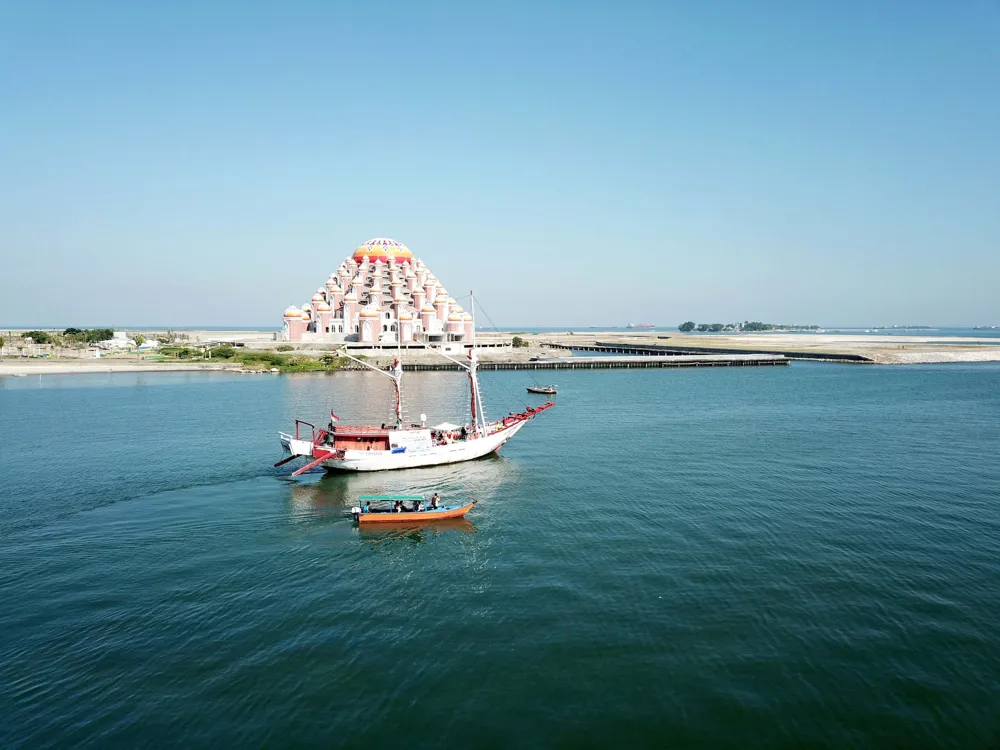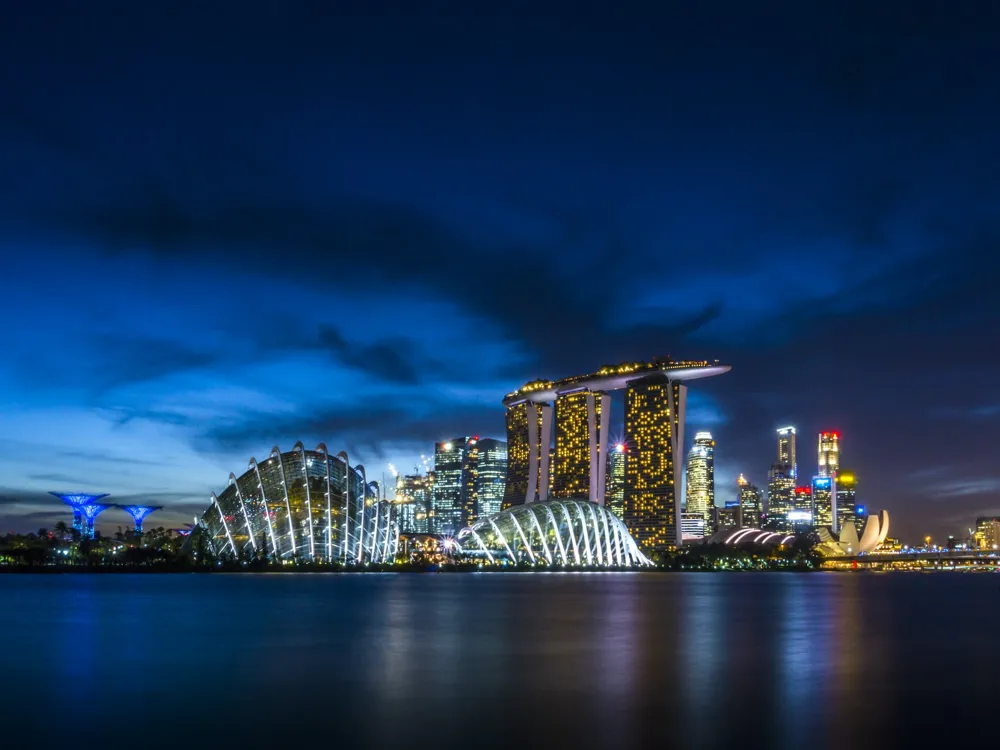Nestled in the heart of North Sumatra, Indonesia, Samosir Island offers a blend of breathtaking natural beauty and rich cultural heritage. This large volcanic island, located in the middle of Lake Toba, is not only a scenic wonder but also a testament to the fascinating history and traditions of the Batak people. With its lush greenery, crystal-clear waters, and serene atmosphere, Samosir Island is a perfect getaway for those seeking tranquility and an authentic cultural experience. Samosir Island, often regarded as a peaceful retreat, presents a picturesque landscape that captivates its visitors. The island's topography features a mix of rolling hills, steep cliffs, and flat plains, offering diverse scenery at every turn. The climate here is pleasantly cool, a refreshing change from the tropical heat of other parts of Indonesia. Nature enthusiasts will find themselves in awe of the island's rich flora and fauna, including rare species unique to this region. The cultural tapestry of Samosir Island is as vibrant as its natural scenery. The island is predominantly inhabited by the Batak Toba people, known for their unique customs, traditional music, and dance. Visitors can immerse themselves in the local culture by attending traditional ceremonies, visiting ancient Batak houses, and interacting with the friendly locals. The island also boasts several historical sites, including stone tombs and tribal villages, each telling a story of the island's intriguing past. For those seeking relaxation or adventure, Samosir Island does not disappoint. The clear waters of Lake Toba are ideal for swimming, kayaking, and other water sports. Trekking and cycling around the island offer opportunities to explore its natural beauty up-close. Moreover, the island's hot springs, known for their therapeutic properties, provide a perfect setting for relaxation and rejuvenation. The architectural wonders of Samosir Island are deeply rooted in the traditions and beliefs of the Batak people. The most iconic structures on the island are the traditional Batak houses, known as 'Rumah Bolon'. These distinctive houses are characterized by their boat-shaped roofs, intricate wood carvings, and vivid colors, each element symbolizing different aspects of Batak culture and spirituality. Batak architecture is not just about aesthetics; it is steeped in symbolism and religious significance. The boat-shaped roof, for instance, represents the journey of the soul after death, while the carvings often depict scenes from Batak mythology and folklore. These houses are traditionally built without the use of nails and are known for their resilience against earthquakes, a testament to the ingenuity of ancient Batak builders. Wood carving is an integral part of Batak architecture, with each carving telling a story or conveying a message. The intricate designs found on the facades of Batak houses, furniture, and musical instruments are not only visually stunning but also imbued with cultural and spiritual meanings. These carvings often depict animals, geometric patterns, and ancestral figures, each symbolizing different aspects of life, nature, and the spiritual world. While traditional Batak architecture remains prominent on Samosir Island, modern influences are gradually making their way. Contemporary buildings often incorporate elements of traditional design, creating a unique blend of old and new. Preservation efforts are underway to maintain the integrity of ancient structures and promote the island's architectural heritage, ensuring that the rich history of the Batak people continues to be celebrated and preserved for future generations. The ideal time to visit Samosir Island is during the dry season from June to September, when the weather is most favorable for outdoor activities and cultural festivals. Respect local customs and traditions. Dress modestly, especially when visiting religious sites, and always ask for permission before taking photos of locals. From budget homestays to luxury resorts, Samosir Island offers a variety of accommodation options. Booking in advance is recommended, especially during peak season. Renting a motorbike or bicycle is a popular way to explore the island. Public transportation and guided tours are also available for those who prefer a more structured itinerary. Don't miss out on trying local Batak dishes like 'Arsik' (spiced carp) and 'Saksang' (spiced pork). Vegetarian options are also available in most eateries. Reaching Samosir Island is an adventure in itself. The most common route is to fly into Kualanamu International Airport in Medan and then take a scenic drive to Parapat, a town on the edge of Lake Toba. From Parapat, a short ferry ride will take you directly to Samosir Island. Alternatively, for those seeking a more direct approach, there are also small ferries and speedboats available from other points around Lake Toba. Read More:Discover Samosir Island: A Hidden Gem in Medan
The Enchanting Beauty of Samosir Island
Experiencing the Local Culture
Relaxing and Recreational Activities
The Unique Architecture of Samosir Island
The Symbolism of Batak Architecture
The Art of Batak Wood Carving
Modern Influences and Preservation Efforts
Tips When Visiting Samosir Island
Best Time to Visit
Local Etiquette and Customs
Accommodation Options
Getting Around the Island
Local Cuisine
How To Reach Samosir Island
Samosir Island
Medan
NaN onwards
View medan Packages
Weather :
Tags : Island
Time Required : 1 day
Planning a Trip? Ask Your Question
Medan Travel Packages
View All Packages For Medan
Top Hotel Collections for Medan

Private Pool

Luxury Hotels

5-Star Hotels

Pet Friendly
Top Hotels Near Medan
Other Top Ranking Places In Medan
View All Places To Visit In medan
View medan Packages
Weather :
Tags : Island
Time Required : 1 day
Planning a Trip? Ask Your Question
Medan Travel Packages
View All Packages For Medan
Top Hotel Collections for Medan

Private Pool

Luxury Hotels

5-Star Hotels

Pet Friendly







